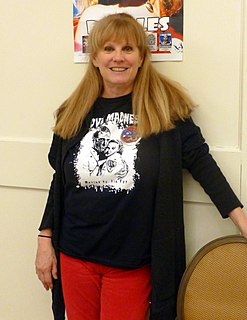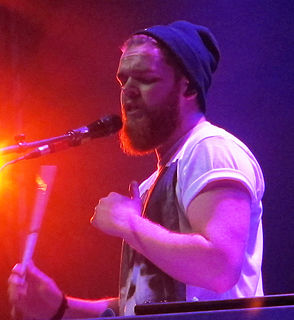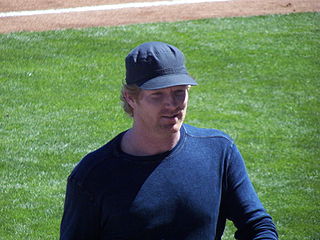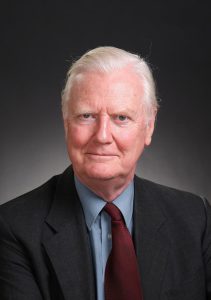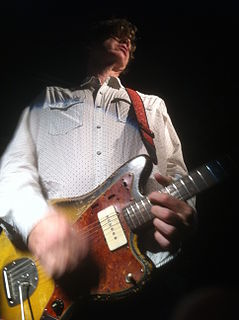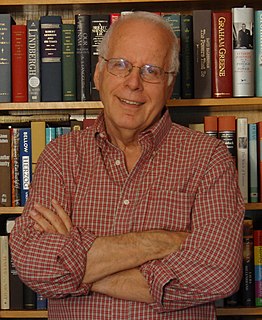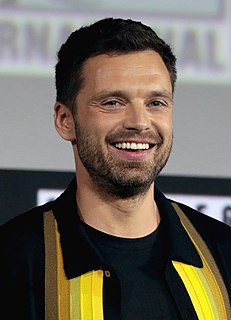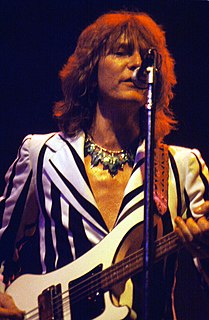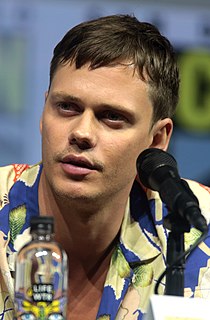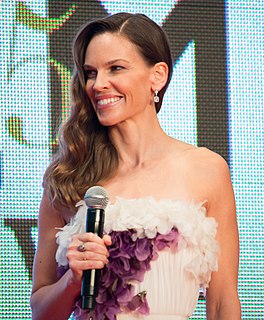A Quote by P. J. Soles
My strategy to show caricature idea of American youth culture, which I think worked after talking about it for so many years, is that I had only a few things. I wanted to buy my own wardrobe for Rock 'N' Roll High School, which of course they said "Yes" to, because their clothing budget was $200, and I ended up spending my whole salary - which I think was about $2,100 - on my clothes. And also, any time I was onscreen, I wanted to have as much energy as I possibly could. I think it just really worked for the character.
Quote Topics
About
After
Also
American
American Youth
Any
Because
Budget
Buy
Caricature
Character
Clothes
Clothing
Could
Course
Culture
Ended
Energy
Few
Few Things
Had
High
High School
Idea
Just
Many
Much
My Own
Only
Onscreen
Own
Possibly
Really
Rock
Roll
Said
Salary
School
Show
So Many Years
Spending
Strategy
Talking
They Said
Things
Think
Time
Up
Wanted
Wardrobe
Which
Whole
Worked
Years
Yes
Youth
Youth Culture
Related Quotes
When I turned professional, what I was really aiming for was to be in the top 100, try to hold the top 100 for ten years, and just be in the show, and have a nice career. It's more than I could have ever hoped for. I worked awfully hard for it, but there are other people who worked just as hard and didn't get the breaks. I recognized that I've been lucky and being able to live this life that I wanted since a young age. I really went after it with everything that I have and somehow it worked out.
I wanted to be an industrial designer, so I went to business school for that, and I then went on to marketing at Interpublic Group of Companies, which was one of the first organizations to actually think about brand marketing. I worked on Coca Cola's account, and then I was recruited by Pepsi, and I ended up being Pepsi's first MBA. I was called the High Wire Act because I was in my 20s and I was given jobs of increasing responsibility that I was totally unqualified for.
I'd written my first novel for adults, which was called Basic Eight and was set in a high school, and we were having a devil of a time selling it. It ended up in the hands of an editor of a children's publishing house, for which it was entirely inappropriate. She said, "Well, we can't publish this, but I think you should write something for children," which I thought was a really terrible idea.
It became clear I wanted to be a development economist. I mean, I said I wanted to work on the economics of poor countries. And I'd actually say that I don't think that was so much about narrowing the gap as about increasing their incomes, which means economic growth, which is really my prime interest.
I don't think I would ever be a doctor, but the reason I majored in science was because you could become a civil engineer, you could become a biologist, you could become a computer scientist - that was the point of it. I had no idea what I wanted to do. In my last two years of high school here happened to be these few scripts that I really responded to. Eventually, I landed the job, and that was something that I felt transcended whatever other people would think of me.
It was time to expect more of myself. Yet as I thought about happiness, I kept running up against paradoxes. I wanted to change myself but accept myself. I wanted to take myself less seriously -- and also more seriously. I wanted to use my time well, but I also wanted to wander, to play, to read at whim. I wanted to think about myself so I could forget myself. I was always on the edge of agitation; I wanted to let go of envy and anxiety about the future, yet keep my energy and ambition.
I ended up dropping out of high school. I'm a high school dropout, which I'm not proud to say, ... I had some teachers that I still think of fondly and were amazing to me. But I had other teachers who said, 'You know what? This dream of yours is a hobby. When are you going to give it up?' I had teachers who I could tell didn't want to be there. And I just couldn't get inspired by someone who didn't want to be there
[Directing first film:] I was terrified, it was really very scary because there is a lot of responsibility. I think I was terrified because I wanted it to work so much. A lot of actors direct movies but I thought the stakes were kind of higher for me because I really, really cared. [...] I just worked as hard as I possibly could on every single thing, every single day. I said that if this failed it would not be because I didn't work as hard as I possibly could...every day.
People didn't know certain things about me, which... I was out of creative writing class in school, Syracuse University; had a B.A. in English and wanted to write the great American novel but I also loved rock and roll. I was in bar bands all through college, playing fraternities and have to know all the songs in the top 10. That kind of thing.
And James L. Brooks then sort of became our mentor, brought us out to Los Angeles and worked on the script for a year with us. We learned so much working with him - just being able to spend time with him, the quality of his mind, the things he comes up with and says. I think Wes [Anderson] and I could go to dinner tonight and spend the whole dinner thinking and talking about things that Jim has said to us over the years.
I had one goal. I wanted people to really learn the tools that could change, because I taught finance for years, I network with people in their 20s, obviously, and all ages I've worked with. But I wanted to just take that to another level, and I also, quite frankly, was just angry. I was angry about the level of abuse I saw in 2008 that happened to people. I knew what happened, I had made a fortune during that time because when things melt down - and they're going to again; life is cyclical - it's one of the greatest opportunities in your life.
